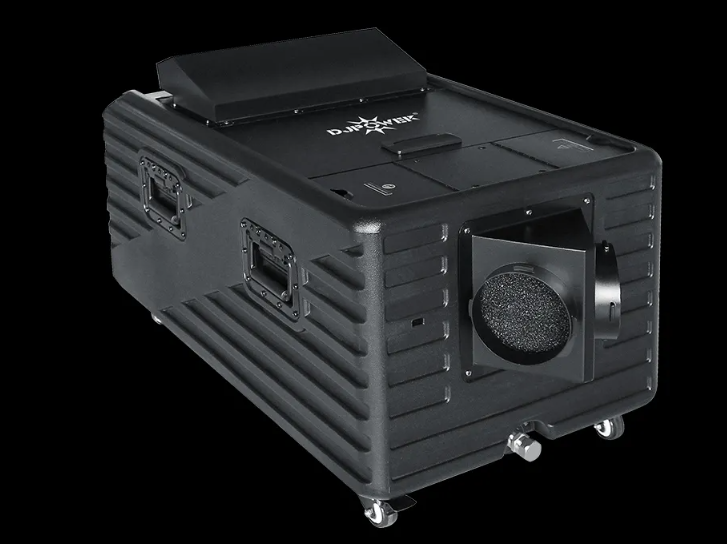Access control is a crucial aspect of security and efficiency in various facilities, from gyms and office buildings to educational institutions and healthcare centers. Barcode access control readers have become increasingly popular due to their cost-effectiveness, ease of use, and versatility.
1. Office Buildings
Barcode access control readers are widely used in office buildings to manage employee access, visitor registration, and overall security:
Employee Access: Employees can use barcode badges or smartphone apps to gain access to the building, ensuring that only authorized personnel can enter.
Visitor Management: Visitors can receive temporary barcode access, making it easier to monitor and track their movements within the building.
Meeting Room Access: Certain areas, such as meeting rooms or restricted zones, can be accessed using barcode readers, ensuring privacy and security.
2. Gyms and Fitness Centers
Gyms and fitness centers use barcode access control to manage member access, streamline operations, and ensure the safety of their clients:
Member Entry: Members can scan their barcode cards or mobile app to enter the facility, preventing unauthorized access.
Membership Verification: Barcode readers verify membership status, ensuring that only paying members have access.
Attendance Tracking: Barcode access records attendance data, helping gym owners monitor peak hours and usage patterns.
3. Educational Institutions
Educational institutions, from K-12 schools to universities, use barcode access control readers for various purposes:
Student Identification: Students can use their ID cards with embedded barcodes to access school buildings, dorms, and specific areas.
Library Access: Libraries employ barcode readers to manage access to study areas and resources, providing enhanced security.
Time and Attendance: Barcode access control records attendance for both students and staff, simplifying time-tracking processes.
4. Healthcare Facilities
In healthcare settings, barcode access control plays a crucial role in ensuring patient safety and privacy:
Patient Identification: Barcode wristbands are used to confirm patient identity and access medical records, reducing errors.
Medication Administration: Barcode readers verify medication administration, reducing the risk of errors and improving patient care.
Restricted Access: Certain areas, such as operating rooms or pharmaceutical storage, are equipped with barcode access control to maintain strict security.
5. Manufacturing and Industrial Facilities
Manufacturing and industrial environments employ barcode access control readers for security and efficiency:
Restricted Areas: Barcode readers control access to high-security zones and hazardous areas, improving safety.
Inventory Control: Access control helps manage and secure inventory and equipment storage areas.
Shift Management: Barcode access records when employees enter or leave, assisting with shift management.
Barcode access control readers have versatile applications across a broad spectrum of industries, providing enhanced security, efficiency, and accountability. These readers offer an affordable and convenient solution for managing access, tracking attendance, and safeguarding sensitive areas in gyms, office buildings, educational institutions, healthcare facilities, and manufacturing environments. As technology continues to evolve, barcode access control is expected to play an even larger role in the security and access management of various facilities.
Related:
Embedded Barcode Scanner Module
Having Problems Reading Your Barcodes? Here's How to Fix It
Do Barcode Scanners Use Infrared?
How Are Barcode Scanners So Accurate?
What Makes a Barcode Scanner Work?
Understanding Barcode Scanner Programming
What is the Scan Engine for Barcodes?
1D 2D Passport Wired Handhld Barcode Scanner
1D 2D Wired Handheld Barcode Scanner
1D 2D Wired Handheld Terminal Scanner
Bluetooth 2.4 Wireless Handheld Barcode Scanner
Barcode NFC Card Access Control Reader



没有评论:
发表评论